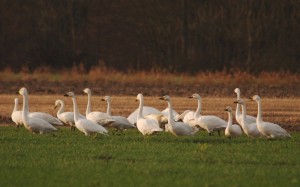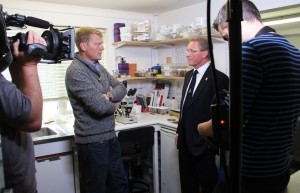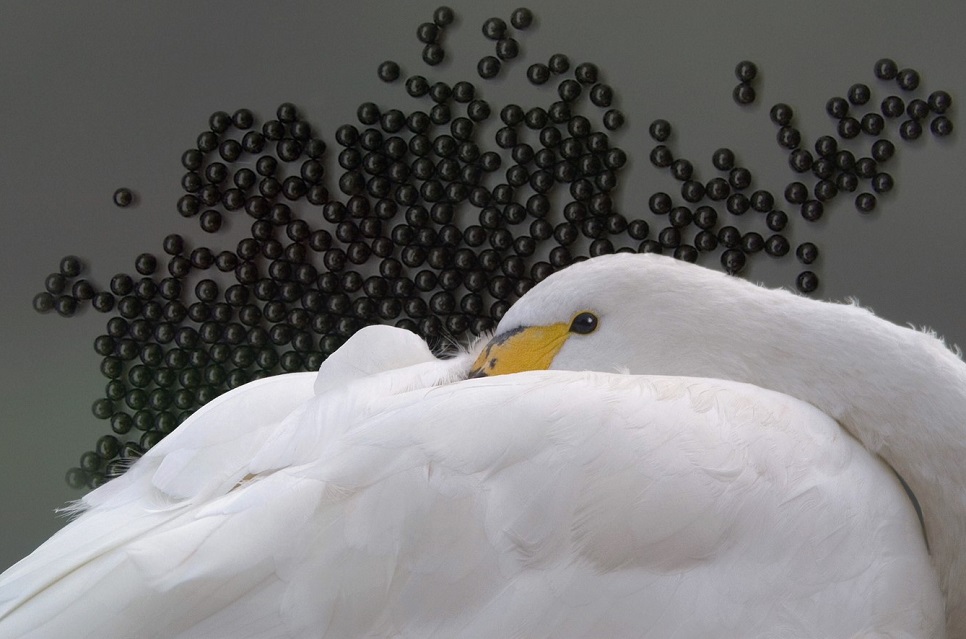Lead shot poisoning - latest

WWT has welcomed a campaign launched by eleven organisations across the shooting, game and land management industries for all shooters to comply with regulations on the use of lead shot.
Most lead shot misses its target and is left scattered on the ground where swans, ducks, geese and other birds easily mistake it for food or the grit they ingest to grind food in their gizzards. The birds can become emaciated and lose their ability to walk and fly. 1 in 3 live wildfowl tested by WWT had lead poisoning while nearly 1 in 10 dead birds tested had died from it.
Studies in 2010 showed 69 per cent of shot duck sold by dealers had been illegally shot with lead, while 45 per cent of shooters surveyed said they sometimes or never complied with the law, which bans the use of lead shot over some wetlands and other circumstances.
Shooters are being asked at www.leadshotcampaign.co.uk to sign a pledge to comply with the law.
In a separate development, WWT has also welcomed a timescale which has been announced for the Lead Ammunition Group (LAG). This is a group of interested parties, including WWT, who were invited by the government to assess the risk of lead ammunition to wildlife and human health and to recommend solutions.
The LAG’s chair has announced the group is aiming to have its draft risk assessments tabled in October, after which the LAG will consider risks and options and consult with stakeholders.

WWT Chief Executive Martin Spray CBE said:
"I welcome the shooting, game and land management industries’ united message that it’s in their members’ interests to comply with the law.
"Full compliance will hopefully lead to fewer birds being poisoned, which is the point of the law and the reason WWT wants to see less lead in the environment – we have no other agenda.
"By removing illegally shot lead, we will also have a clearer picture of how much poisoning under current legislation is due to the remaining legally-shot lead. This knowledge could open up options as to how that could be managed.
"I look forward to working collaboratively with shooting organisations to monitor and understand reductions we will hopefully see in the level of lead poisoning in birds and to work towards practical solutions.
"The Lead Ammunition Group is a very sensible and constructive approach to achieve a wider consideration of the issues. I’m assured and pleased the group is making progress and there is now a clear timeframe. I am very grateful to the members who are working through large amounts of evidence."

